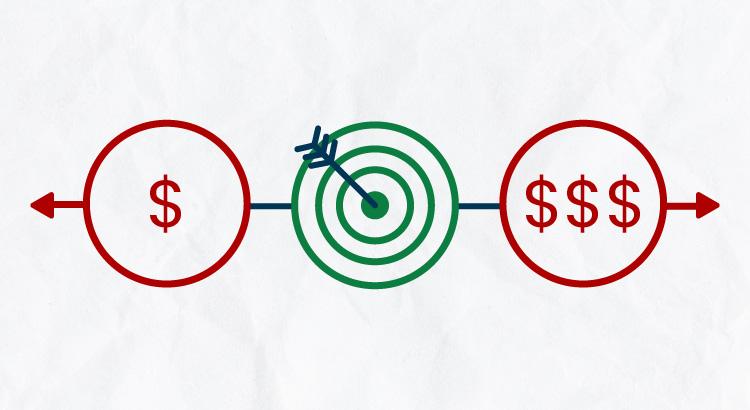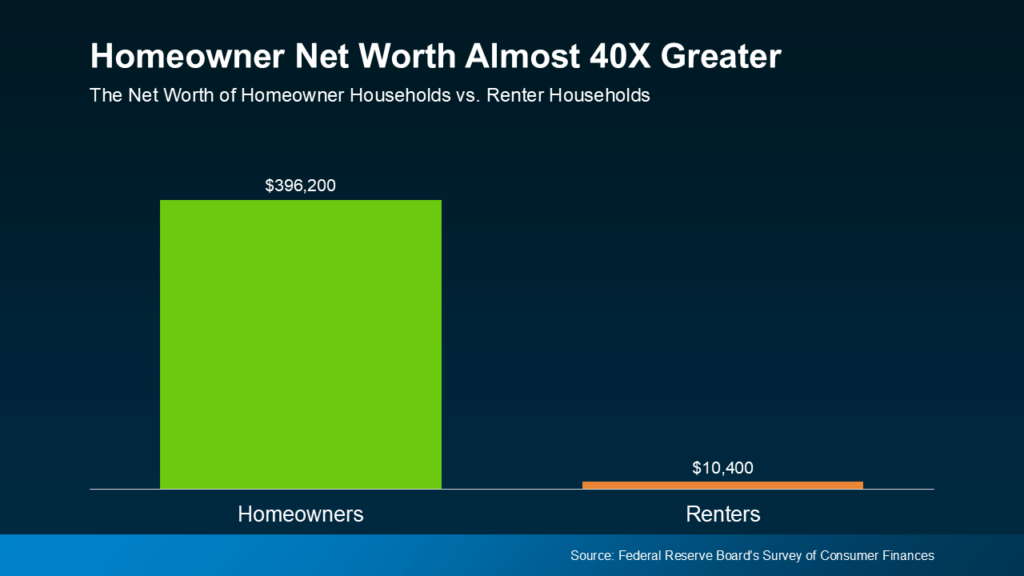It’s not uncommon for buyers or sellers to become unhappy with their real estate agent during the course of a property transaction. Maybe the agent isn’t communicating well, or perhaps there have been some disagreements about the negotiation process. Whatever the reason, it’s important to understand the possible consequences if you’re thinking about switching agents.
The Risks of Switching Real Estate Agents
One risk of switching brokers while under contracts is that the original broker could file a claim with the state real estate commission. The claim could allege that you breached your contract by switching to a different agent and might seek to recover any commissions earned. While it’s unlikely that the claim would be successful, it’s still a risk that you need to be aware of.
You cannot work with multiple real estate agents at the same time. Other real estate agents are acutely aware of this because they face serious consequences if they violate that rule.
Another potential issue is that the new broker could refuse to work with you if they feel like they’re getting in the middle of a situation. This could delay the sale of your home and create additional stress during what is already a complex process.
Also, if you are unhappy with your agent and approach another agent and ask them to work with you, they will likely ask if you’re already under contract with someone else. Why do they do this? Well, it’s because it’s technically illegal and very unethical for agents to “poach” other people’s clients. It’s very important that you don’t sign an agent agreement without first terminating your current contract because you might put the new agent in a seriously sticky situation. You can jeopardize their license and give them a bad reputation.
How To Get a New Agent
If you’ve decided that you want to switch real estate agents, the first step is to talk to your current agent. Be honest about your reasons for wanting to make a change and see if there’s anything that can be done to improve the situation. If you cannot come to an agreement and they agree to cancel the contract, then you’ll need to write a letter to your agent terminating the contract. Ensure you include the termination date and any other relevant information, such as the property address.
Once you’ve terminated your contract with the original agent, you’ll be free to work with another buying or listing agent. Just make sure you’re upfront about the situation, so there are no surprises later on.
Why Do You Have To Terminate Your Contract?
So, why do you even have to terminate your seller’s or buyer’s agent agreement contract in the first place? How come you can’t just “fire” your agent and move on?
Well, real estate agents are typically paid a commission based on the home’s sale price. They don’t get paid for all of the interim work they do, from when you sign up with them to when you close on your home. This means that if you were to switch agents in the middle of a transaction, you’ve essentially caused the Realtor to use a lot of their time, money, and resources with no monetary reward.
The other reason agent agreements exist is to protect your interests. When you and the agent sign a representation agreement, you both agree that the Realtor will provide certain services for you when you’re under contract. On the part of the real estate agent, those services are called “fiduciary duties.” We’ll get into those in just a minute.
The bottom line is that real estate contracts exist to protect both the real estate agent and you. On the client side, the contracts are designed to ensure your agent does their job, looks out for your best interests, and tries to get you the best deal possible. On the agent side, they’re designed to protect a real estate agent’s chance of getting a commission off of a potential sale. A signed agent agreement makes a real estate agent feel more at ease knowing that their client cannot legally go behind their back and buy or sell a house with someone else.
6 Fiduciary Duties of a Real Estate Agent
There are 6 primary obligations that a real estate agent agrees to fulfill when they enter into a contract with a client. Let’s take a look at each one individually:
Accounting
The real estate agent must keep track of all money that changes hands during the course of the transaction. This includes money that is paid to third parties, such as home inspectors and appraisers.
Obedience
The real estate agent must obey all lawful instructions from the client. This means that they need to do everything within their power to help you achieve your real estate goals.
Loyalty
The real estate agent must always have your best interests in mind. They should never do anything that would jeopardize your chances of buying or selling a home.
Disclosure
The real estate agent must tell you about any material facts that could affect your decision to buy or sell a property. For example, if the agent knows that the home has significant structural damage, they need to disclose that information to you.
Confidentiality
The real estate agent must keep all of your confidential information a secret. This includes things like your financial situation and the reason why you’re buying or selling a home.
Reasonable Care and Diligence
The real estate agent must use their skills and knowledge to help you buy or sell a home. They should also stay up-to-date on all relevant information affecting your transaction.
When an Agent Breaks Their Fiduciary Duties
If your agent breaches any of their fiduciary duties, you may have grounds to sue them for damages. However, proving that the agent actually did something wrong can be difficult.
For example, let’s say you’re selling your home and tell your agent that you’re willing to accept an offer as low as $295,000. Your agent agrees with your wishes. So, someone offers $295,000, and you take the deal. Later, you find out that your property was worth closer to $325,000. In this case, it can be hard to prove that the agent was being dishonest or negligent because they didn’t give you an accurate estimate of the property’s value.
It’s also important to keep in mind that real estate agents are allowed to make a profit off of their work. This means that they’re allowed to charge you a commission for their services. It’s only when the agent does something that is outside of their contractual obligations or tries to take advantage of you that you may have a case against them.
Should You Switch Real Estate Agents?
Now that you know a little more about real estate agent representation agreements, you’re probably wondering if switching agents is ever allowable. The answer is: it depends.
Why You Might Want to Switch
If you’re unhappy with your agent’s performance, you may be tempted to fire them and hire someone new. However, you should only do this if you have a valid reason. For example, if your agent isn’t following your instructions or isn’t doing their job properly, then switching agents may be the best course of action.
Why You Might NOT Want to Switch
On the other hand, if you’re simply frustrated or being extremely picky about the home selling or home buying process, and the current inventory or current offers aren’t to your liking, switching agents may not be the solution you actually need. Remember, you will likely be stuck working with this person until your transaction is complete.
However, if there are other issues specifically surrounding your agent and you don’t think that you can resolve your differences, it may be best to move on. Remember that changing agents in the middle of a transaction can be complicated and may not always be possible.
Who Should You Switch To?
If you do decide that you need or want to switch agents, it’s important to be choosy about who you work with next. You should interview a few different agents and ask them questions about their experience, what they would do differently in your situation, and how they would handle your specific needs. You can find agents through free online resources like TheMLSonline, family and friend referrals, paper ads, or even social media.
Maybe don’t choose a buyer’s agent or a listing agent at the same brokerage where your bad agent works. Try finding another local agent that seems a little more flexible. It can be really hard to make the transition to another agent. Many people consider buying or selling a home after a bad experience with an agent because they’re afraid of getting trapped in another terrible situation.
Many people don’t trust their judgment after they’ve been done wrong by a real estate agent, especially since real estate is usually one of the biggest financial investments people make in their lives. If you need to take a step back, do that. However, don’t be afraid to get back on that horse. There are sharks in the water, but they’re few and far between.
What To Do if Your Agent Refuses to Cancel Your Contract
If you’ve decided that you want to switch agents, the first step is to cancel your current buyer’s agent or listing agreement contract. In most cases, this will be as simple as sending a written notice to your agent informing them of your decision.
However, there are some situations where an agent may refuse to cancel the buyer’s agent or listing agreement contract. If this happens, there are a few paths you can take.
Talk to Your Agent’s Broker
Firstly, if you want to change real estate agents and your buyer’s agent or listing agent refuses, you can try talking to your agent’s broker. The broker is basically the boss at any real estate office. They usually own the firm and have the final say on almost everything. While agents are technically contract workers and not employees, it is almost always in the agent’s best interest to listen to their broker’s instructions.
And, the broker definitely does not want a bad reputation for their firm, so they are much more inclined to ensure customer satisfaction. They don’t like to draw attention to messy situations. So, call up the broker and tell them what’s going on. They’ll likely be able to sway your agent to cancel the contract.
Wait Until Your Contract Expires
A second option is just to wait until the day when your contract expires. If you’re not in a rush and your agent won’t cancel the contract, just wait it out. When you sign a representation agreement, look at how long the agent listed the contract timeframe for.
Typically, agents will set the contract to last for 3-6 months. They do this so that neither party is in a binding agreement for too long. However, depending on how dry or desperate market conditions are, some agents will set it for longer. So, look for that in the agreement before you sign anything. Remember, everything in real estate is negotiable. If you don’t like the wording or framework in any of the contracts your agent presents you with, ask them to change it. You might have to press them, but contracts can always be changed to work better for you.
Call Your Lawyer
Lastly, if you are completely stuck and want out ASAP, you can consult an attorney to see if any legal options are available. This is obviously a more costly option, but some real estate transactions deal with tight timelines and large sums of money.
Good Luck With Your Real Estate Transaction!
If you’re trying to switch real estate agents, carefully weigh the risks and benefits. Ultimately, the decision is yours, but it’s important to understand all of the implications before making a decision.
A few different scenarios could play out, and each has its own set of risks and rewards. Talk to your agent or their broker, or even consult an attorney before making a final decision. No matter what, just remember that you’ve got this!
For more information about the bustling real estate market or to get a free home valuation, visit TheMLSonline’s website today!








